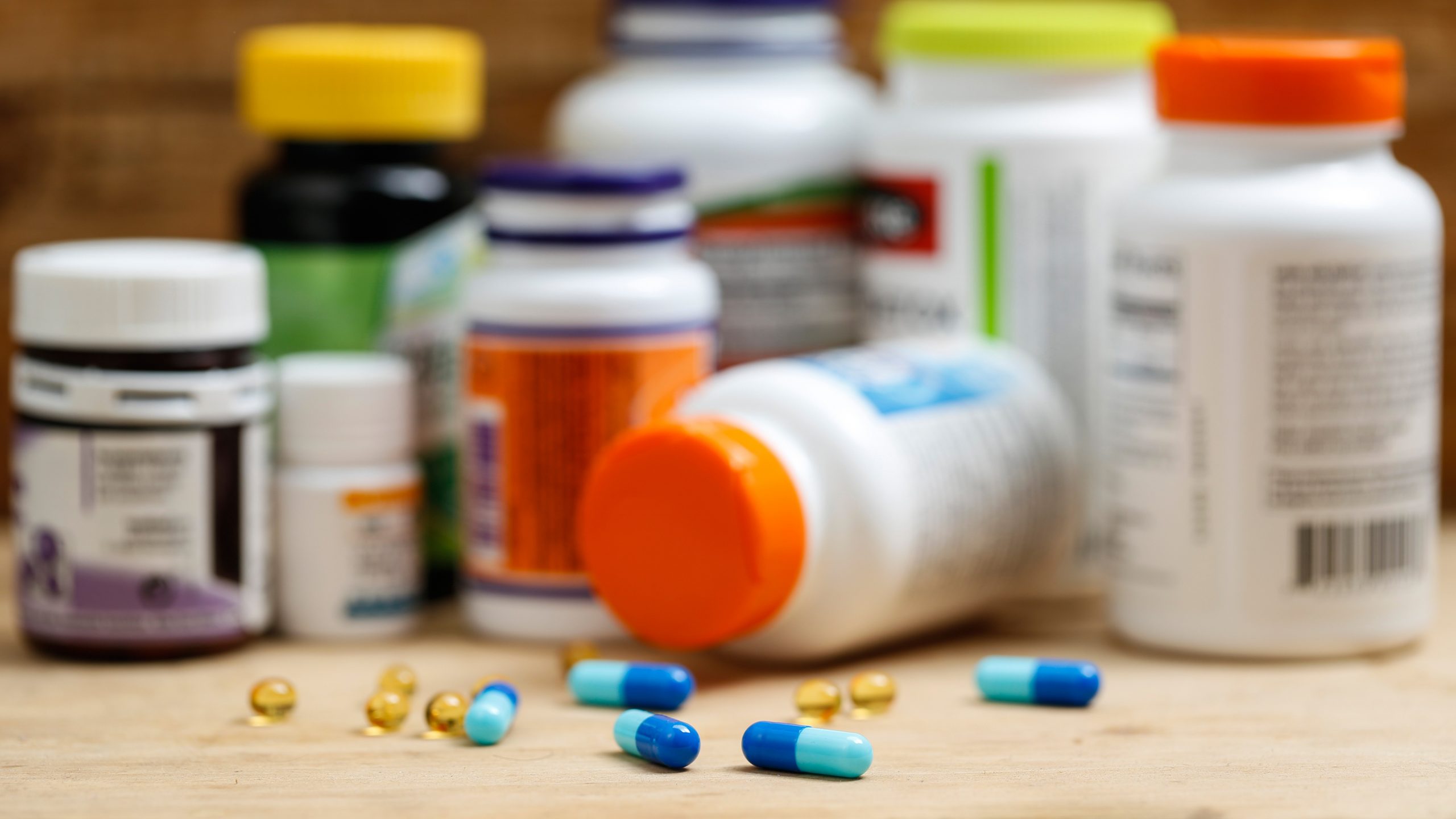
Caution: Dietary Supplements May Pose Risks For People With Cancer
As a dentist, you may be used to thinking about oral health in terms of diet, nutrition and lifestyle factors. But there’s one other factor that can significantly influence our oral health: dietary supplements. While supplements can benefit many individuals, for cancer patients, they may present a unique set of risks that should be taken into consideration by healthcare providers.
While supplement use is often associated with positive health outcomes, the fact is that many supplements have not been scientifically evaluated or tested for safety and effectiveness. What’s more, dietary supplements are not regulated by the FDA, and may contain ingredients that are not listed on the label. Therefore it is important for people with cancer to be aware of the potential risks associated with supplement use.
One of the primary risks associated with supplement use is drug interactions. Many of the herbs, vitamins and minerals found in dietary supplements have the potential to interact with chemotherapy drugs and other medications used to treat cancer. For instance, some herbs and supplements, such as St. John’s wort, can reduce the effectiveness of chemotherapy medications. Others, such as ginkgo biloba, can increase the risk of bleeding when taken with certain blood thinners. Therefore, it is important for cancer patients to speak to their healthcare provider about any supplement use to ensure that there is no risk for drug interactions.
Another potential risk with supplement use is the potential for contamination. While it is true that dietary supplements are not regulated by the FDA, manufacturers are required to ensure the quality and safety of their products. Unfortunately, some manufacturers do not adhere to these standards, and contaminated products can enter the market. Contaminated supplements have been linked to an increased risk of cancer, so it is important to make sure that any supplements you purchase are coming from a reputable manufacturer.
Finally, people with cancer should be aware of the potential for supplement-drug interactions. Some supplements, such as echinacea, have been shown to boost the effectiveness of some chemotherapy drugs. However, other supplements, such as vitamin C, can reduce the effectiveness of some chemotherapy drugs, so it is important to speak to your healthcare provider about any supplement use and its potential risks.
In conclusion, supplement use can be beneficial for some individuals, but for those with cancer, there are a number of potential risks that should be taken into consideration. It is important to speak to your healthcare provider about any supplement use, and to make sure that any supplements you purchase are from a reputable manufacturer. Following these guidelines can help ensure that any supplement use is safe and beneficial.
| PreviDent Brush-on Gel | 3M Clinpro 5000 |
| Experience extra-strength fluoride protection with Colgate PreviDent Brush-on Gel! Ideal for at-home use by adults. Easy to apply, once daily use. | Get a stronger smile with Clinpro 5000 fluoride toothpaste. Reduces cold sensitivity and remineralizes lesions. Contains natural ingredients for a brighter, healthier smile. |
Although there is much to be learned about the safety and efficacy of dietary supplements, there is no doubt that these products can offer significant benefits for many individuals. However, for those with cancer, it is important to be aware of the potential risks associated with supplement use, and to speak to their healthcare provider about any supplement use. By following these guidelines, those with cancer can ensure that any supplement use is safe, and that they are taking steps to protect their health.

